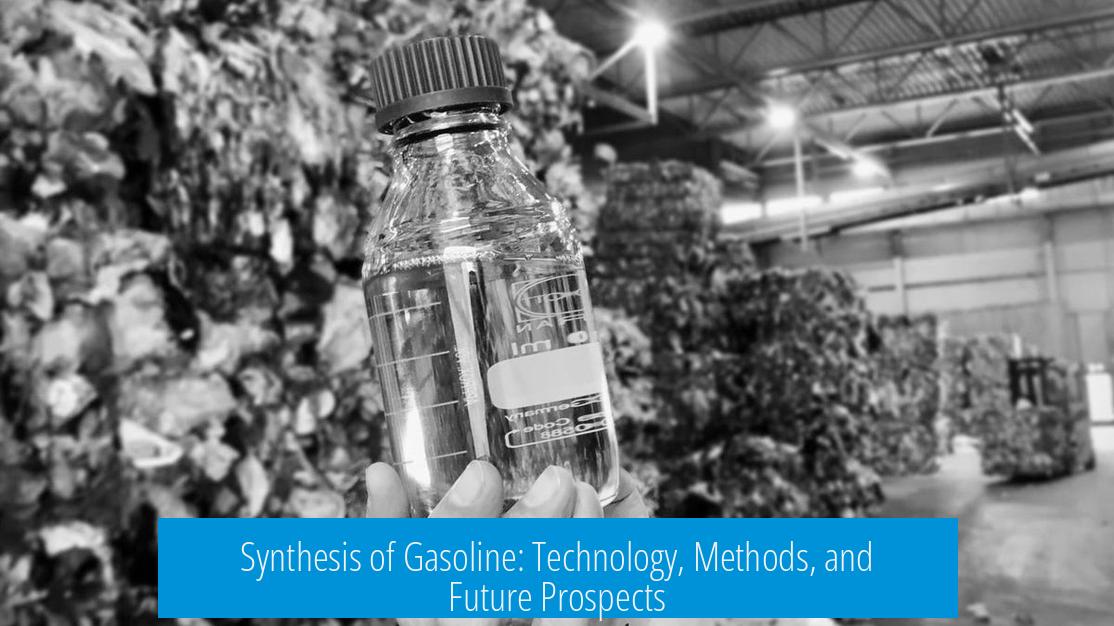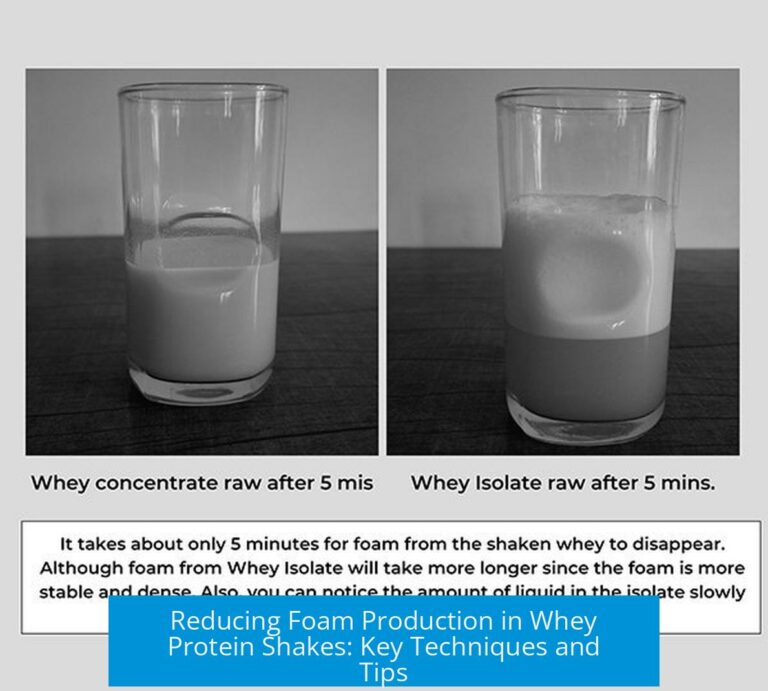Can We Synthesize Gasoline?
Yes, gasoline can be synthesized, and the technology to produce it exists. Processes like the Fischer-Tropsch and Methanol-to-Gasoline (MTG) methods enable the artificial creation of gasoline from basic chemical feedstocks such as carbon dioxide and hydrogen. However, current methods face significant efficiency, cost, and sustainability challenges that limit their practical application.
Technology Behind Gasoline Synthesis
Fischer-Tropsch Process
The Fischer-Tropsch (FT) process is one of the primary techniques to synthesize hydrocarbons including gasoline. Invented by the Germans during World War II, it converts carbon monoxide (CO) and hydrogen (H2) into liquid hydrocarbons. The FT process operates through catalytic chemical reactions that build longer hydrocarbon chains.
Production Steps:
- Hydrogen generation, often via water electrolysis powered by green electricity.
- Carbon dioxide (CO2) capture, favored from renewable sources like anaerobic digestion to reduce fossil fuel use.
- Water-gas shift reaction that produces CO from CO2.
- FT synthesis combining CO and H2 to form hydrocarbons.
- Refining these hydrocarbons into usable fuels such as gasoline or diesel.
Other Methods: Methanol to Gasoline (MTG) and Power-to-Liquid (PtL)
MTG converts methanol into gasoline-range hydrocarbons through catalytic reactions. This approach serves as an alternative synthetic route.
Power-to-Gas (PtG) and Power-to-Liquid (PtL) technologies refer to pathways that use renewable electricity to produce gaseous or liquid fuels, including synthetic gasoline. These methods aim at integrating renewable energy with chemical fuel production.
Chemical Foundations of Synthesis
Producing synthetic gasoline involves creating the right molecular hydrocarbons. For instance, reacting CO2 with hydrogen to form methane or longer-chain hydrocarbons follows general chemical equations like:
CO2 + 4H2 → CH4 + 2H2O
Water electrolysis, a key step, splits water molecules (H2O) into hydrogen gas and oxygen using electric current and catalysts like NaOH. This produces the hydrogen required for subsequent synthesis steps.
Challenges and Limitations
Efficiency and Energy Balance
Synthesizing gasoline requires multiple energy-intensive steps. Each stage reduces overall efficiency, leading to poor energy return compared to direct fuel use. The energy input, often from renewable electricity, frequently surpasses the energy obtained from the final synthetic gasoline.
Due to these energy losses, the net output is often negative or marginal. This limits large-scale viability with current technology.
Economic Viability
Although synthesizing gasoline is technically possible, costs remain prohibitively high compared to extraction from oil. Synthetic fuels demand expensive catalysts, infrastructure, and energy inputs, rendering them less economical than conventional petroleum fuels.
Diesel synthesis shows more progress in efficiency, but producing synthetic petrol (gasoline) is less developed economically.
Material Sources and Sustainability
Gasoline mainly consists of hydrocarbons, which require carbon and hydrogen atoms sourced from organic or inorganic compounds. Carbon often originates from CO2 or biomass, while hydrogen comes from water electrolysis.
The sustainability of synthetic gasoline depends on the origin of these raw materials and the energy supply. Using fossil fuels for these inputs negates climate benefits. Renewable carbon sources like plant biomass or CO2 captured from the atmosphere are preferred.
Future Outlook
Advancements in renewable energy, catalysis, and process engineering could improve synthetic gasoline’s efficiency and cost. Future development might enable its role as a carbon-neutral fuel, especially for sectors where direct electrification is challenging, such as aviation.
Currently, synthetic gasoline production remains niche due to economic and energetic drawbacks.
Key Takeaways
- Gasoline can be synthesized using processes like Fischer-Tropsch and Methanol-to-Gasoline.
- Hydrogen is typically produced by water electrolysis powered by green electricity.
- Carbon sources include CO2 from renewable processes or biomass.
- Multiple chemical steps reduce overall energy efficiency and increase costs.
- Current synthetic gasoline production is not widely commercially viable.
- Future advancements may improve sustainability and feasibility.




Leave a Comment